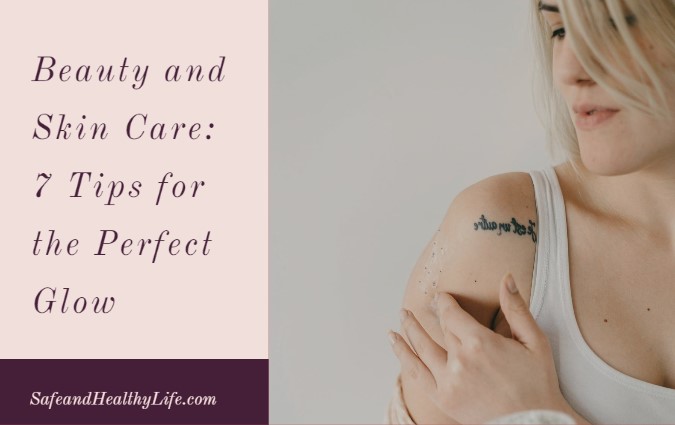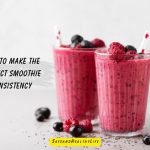
Everyone wants flawless, glowing skin. But for a majority of us, getting there is a difficult task, especially if you have a skincare condition such as acne, oily skin, or dryness among others.
Fortunately for you, all hope is not lost, and just about anyone can have great healthy skin- but it will take commitment, time, and a product splurge here and there.
It turns out; simple daily face-friendly habits can have a great impact on the health of your skin. Great skin doesn’t have anything to do with your DNA. Your daily habits have a big impact on what you see when you look in the mirror.
For flawless natural skin, it all boils down to reassessing your routine, finetuning it to suit your skin type and issues, and following that up with good habits like using a moisturizer after washing your face or shower and customizing the products you use based on your daily requirements.
Good skincare is much more than having the right products or establishing a routine. A good diet, exercise, and sleep are also beneficial.
Beauty and Skin Care for a Flawless Look
Are you ready?
1. Hydrate Immediately after Cleansing
According to leading aestheticians, one of the biggest skincare mistakes people make caring for their skin is waiting too long after washing or showering to apply their moisturizer.
It doesn’t matter if it’s a face or body moisturizer, there’s a short time frame after cleaning to use a hydrating product before moisture begins to evaporate.
When you let your skin dry off completely, water and moisture on your skin get pulled into the air.
2. Check Your Regimen
Skincare isn’t something you want to go on autopilot. Just like you would spend extra effort researching the best rhinoplasty in Plano, getting the appropriate formula will play a significant role in cleansing your skin without shedding essential healthy oils.
Also, use exfoliating scrubs sparingly, if necessary, only use them once a week. Avoid scrubs with abrasive formulas or crushed walnut shells.
3. SPF is a Key
Knowing that you need to have sunscreen daily and doing it are two different things. Ask any dermatologist and they will tell you that sunscreen is one of the most important skincare protection tools.
For starters, it protects your skin from free radical damage that can expose your skin to cancer and early signs of aging.
4. It doesn’t need to be expensive to be good
You don’t need to read too far deep in any beauty magazine to get a story of the miraculous powers of pricey lotions and potions.
There’s no reason to spend a week’s worth of groceries for a little hydration boost. If anything, dermatologists advise getting skincare products from the drugstore.
5. Adopt Healthy Eating Habits
Did you know that foods rich in zinc and magnesium help combat acne?
While piles of scientific studies cannot back this, a healthy diet equals having better skin.
You can adopt simple healthy practices like adding carrots and sweet potatoes to a smoothie when your skin starts to look sallow, raising your beta-carotene intake. Also, drinking water is a must.
6. Schedule an Exercise Routine
One of the functions of the skin is to regulate heat. When you are working out, the blood vessels in your skin dilate, bringing warm blood to the surface.
This process helps the transfer of heat out of the body into the air giving the skin a glowy flush.
Boosting your blood flow by exercising also ensures your skin is getting the oxygen and nutrients it needs to remain healthy.
7. A Peaceful Night’s Sleep
Ever heard the saying “beauty sleep”?
Well, it’s not a joke. Your skin repairs at night, meaning the more rest you get at night, the more time your skin can rejuvenate.
The benefits are not long-term, and in most cases, the results can be seen the next morning. Not getting enough sleep increases your cortisol levels, in turn boosting the rate of collagen breakdown, which causes under-eye bags to form.
Infographic Provided By Dermal Filler Injections Company, Revanesse
About The Author:
Stacey Smith is a freelance health writer. She is passionate to write about women’s health, dental health, diabetes, endocrinology, and nutrition and provides in-depth features on the latest in health news for medical clinics and health magazines.




